datum: 12.06.2017
kategorija: novice
V reviji INTERNATIONAL JOURNAL OF INCLUSIVE EDUCATION je izšel članek z naslovom
The role of inter-professional collaboration in developing inclusive education: experiences of teachers and occupational therapists in Slovenia, avtorja prof. dr. Damirja Karpljuka, Lee Suc, prof. dr. Borisa Bukovca.
Objavljeno: 11. 5. 2017
Povzetek / abstract:
This was the first qualitative study of the inclusion of children with special needs into regular schools in Slovenia that focused on inter-professional collaboration and its contributions to the inclusion process. Focus groups and individual interviews were conducted with primary school teachers (N = 36) and occupational therapists (N = 9) to explore their personal experiences. Data were analysed using qualitative content analysis (Strauss, A., and J. Corbin. 1998. Basics of Qualitative Research: Techniques and Procedures for Developing Grounded Theory. Thousand Oaks, CA: Sage). Two categories pertaining to inter-professional collaboration emerged from the analysis. They described different barriers and strategies that either inhibited or facilitated the cooperation process. The experiences of teachers and occupational therapists differed; however, both professional groups expressed frustration with organisational and systemic factors that often prevented better exchange of knowledge and information. Due to the organisation of work and financial issues, occupational therapists had limited access to the school environment; therefore, they generally showed more eagerness to increase the level of collaboration and their presence at the school. The study also pointed out how the roles of certain professionals are not recognised, suggesting the need for more promotional work. If inclusion in Slovenia is to be fully implemented, collaboration between different professionals working with children with special needs must strengthen. This will require some significant organisational, cultural and also personal transformations.










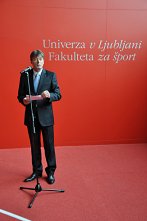







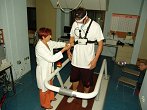
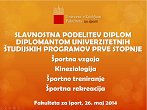
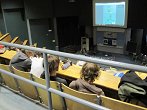


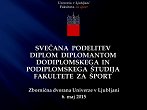











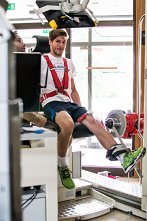


.png)